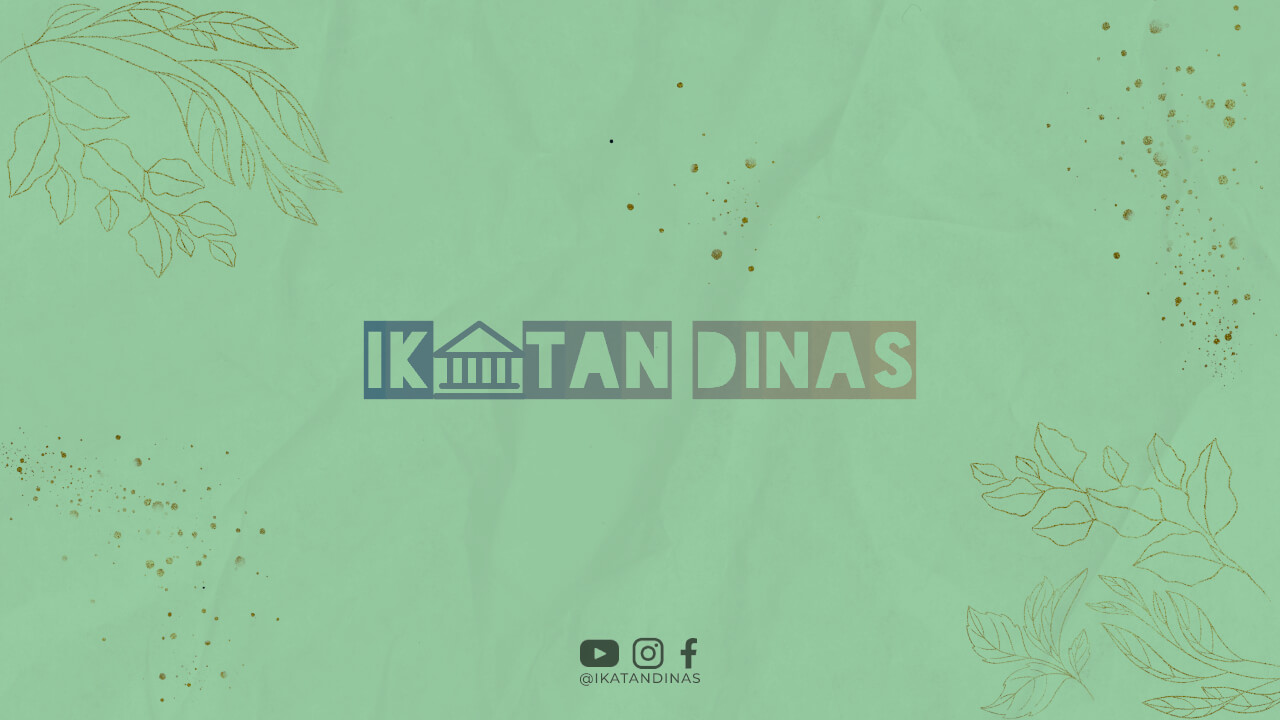Studying abroad can be a life-changing experience, and Australia has become a popular destination for international students. However, one important aspect to consider before embarking on your educational journey is the cost. In this article, we will explore the various expenses associated with studying in Australia.
Tuition Fees
When it comes to studying in Australia, tuition fees vary depending on the institution and the course you choose. On average, undergraduate degrees can cost between $20,000 and $45,000 per year, while postgraduate degrees range from $22,000 to $50,000 annually. It’s essential to research and compare different universities and their fee structures.
Living Expenses
Aside from tuition fees, you’ll also need to consider your living expenses while studying in Australia. These costs can include accommodation, food, transportation, and other daily necessities. On average, students can expect to spend around $18,000 to $25,000 per year on living expenses, depending on their lifestyle and location.
Accommodation
Accommodation is one of the significant expenses for international students in Australia. There are several options available, including on-campus dormitories, shared apartments, homestays, and rental properties. Prices can range from $100 to $400 per week, depending on the type and location of the accommodation.
Health Insurance
All international students studying in Australia are required to have health insurance. The Overseas Student Health Cover (OSHC) provides medical and hospital insurance, and the cost varies depending on the duration of your course and the provider you choose. On average, expect to pay around $450 to $600 per year for OSHC.
Textbooks and Study Materials
Textbooks and study materials are essential for your academic success. Prices can vary depending on the course and university, but you should budget around $500 to $1,000 per year for these resources. Consider buying second-hand books or borrowing from the library to save money.
Transportation
Getting around in Australia can be costly, depending on your location and transportation preferences. Major cities have an extensive public transportation network, including buses, trains, and trams. Monthly public transport passes can cost around $100 to $200, but prices may vary. If you opt for a car, you’ll need to consider additional expenses like fuel, insurance, and parking.
Additional Costs
There are various additional costs you should factor into your budget. These may include visa application fees, overseas student health cover, student association fees, and entertainment expenses. It’s crucial to account for these miscellaneous costs to avoid any financial surprises.
Scholarships and Financial Aid
Australia offers numerous scholarships and financial aid options for international students. These can help offset tuition fees and living expenses. Make sure to research and apply for scholarships before starting your studies. Many universities and organizations provide financial assistance based on academic merit, financial need, or specific criteria.
Conclusion
Studying in Australia can be a fulfilling and exciting experience, but it’s essential to plan your finances wisely. Consider tuition fees, living expenses, accommodation, health insurance, textbooks, transportation, and additional costs when estimating the overall cost. Don’t forget to explore scholarship opportunities and financial aid options to alleviate some of the financial burden. By budgeting and researching thoroughly, you can make the most of your education in Australia without breaking the bank.

